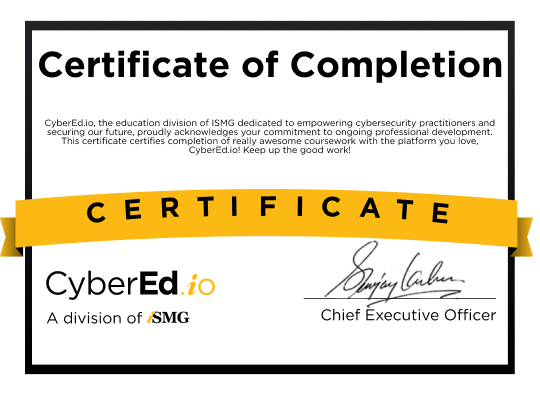Karen Boyer and Detective Daniel Alessandrino examine FaaS business models and how Telegram bots democratize fraud. They discuss defense strategies for early detection and how threat intelligence uncovers tactics criminals use to evade capture.
Fraud as a service, or FaaS, has industrialized cybercrime into a structured business model offering phishing kits, malware and stolen payment data at scale. By eliminating technical barriers, FaaS democratizes fraud operations that contributed to $485.6 billion in global losses in 2023. Telegram bot automation and commoditized tools make sophisticated attacks accessible to low-skill criminals, creating widespread threats across financial services, healthcare and beyond.
The shadow economy thrives on specialization - developers build tools, operators execute attacks and money launderers process proceeds - making disruption complex and detection challenging.
In this session, expert panel will discuss:
- The FaaS business model and automation tools enabling large-scale fraud operations;
- Practical defense strategies focusing on early detection and prevention across industries;
- How threat intelligence uncovers FaaS operations and tactics used to evade detection.
Here is the course outline:
Fraud as a Service and the Rise of Cybercrime's Shadow Economy |
Completion
The following certificates are awarded when the course is completed:
 |
CPE Credit Certificate |



